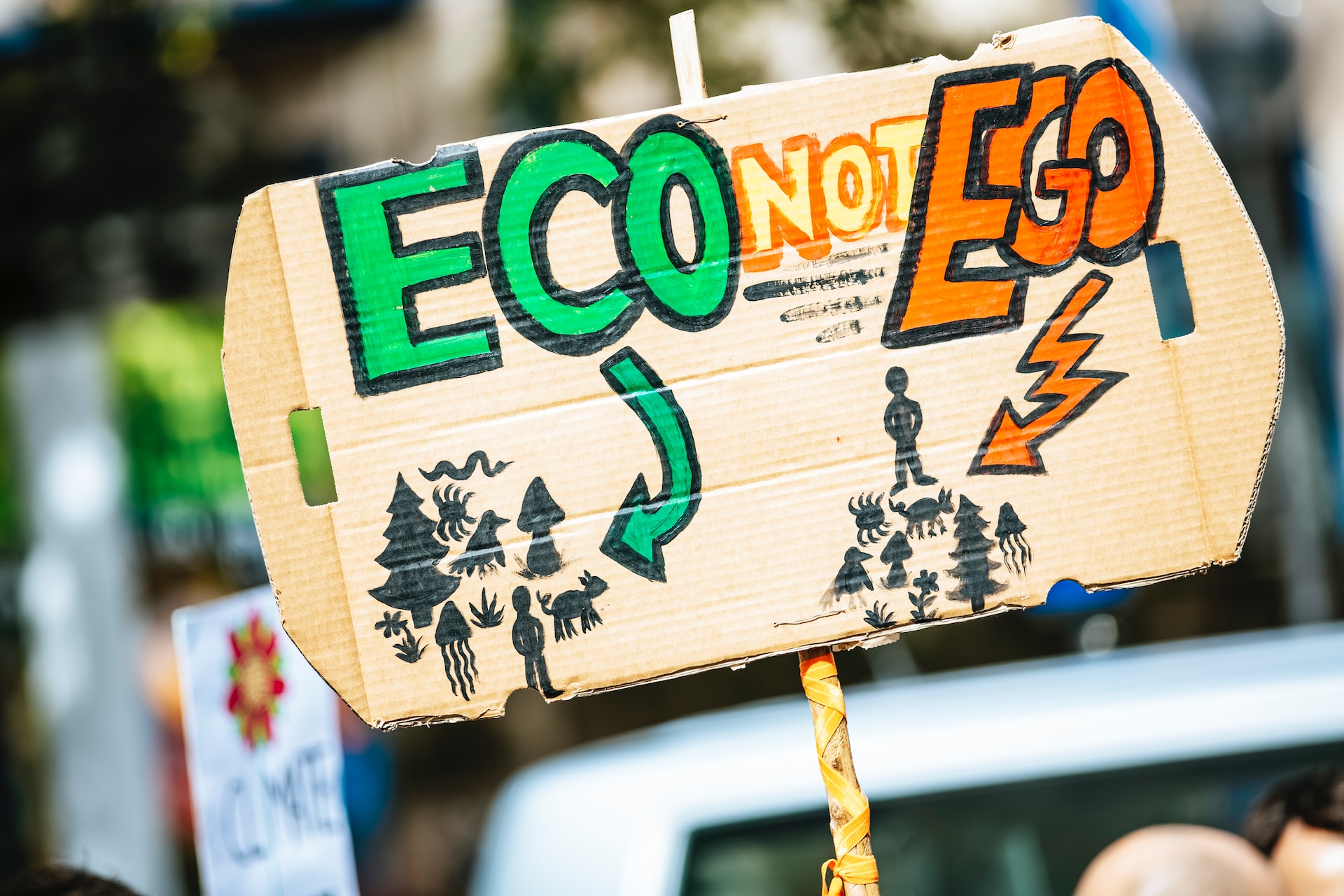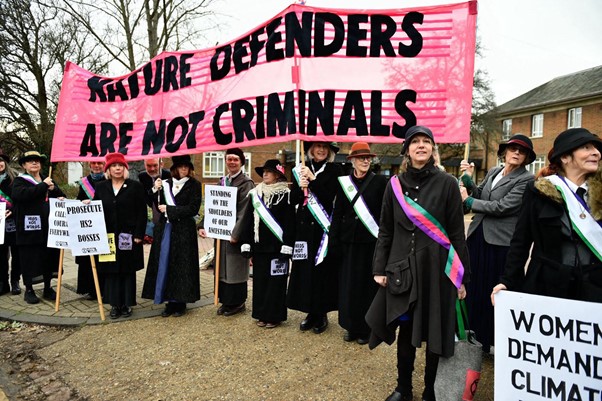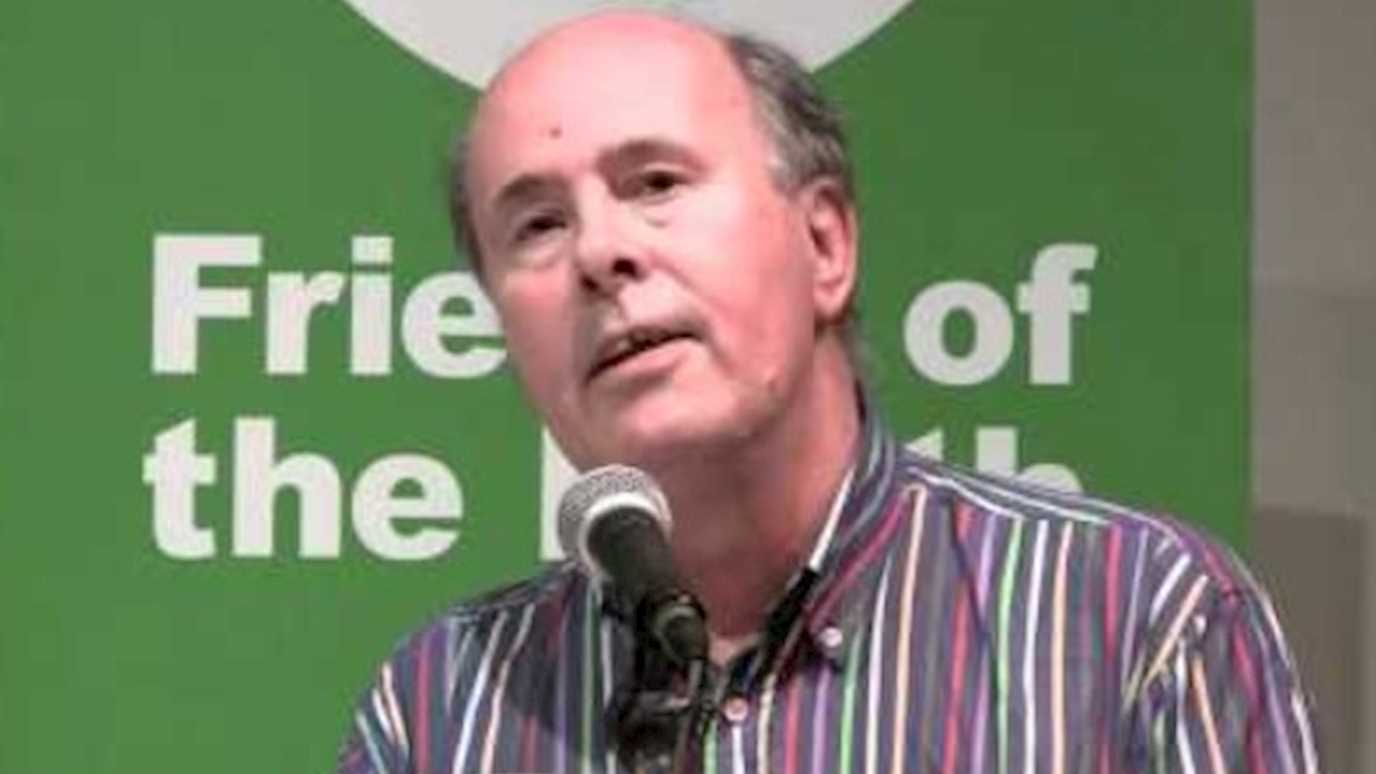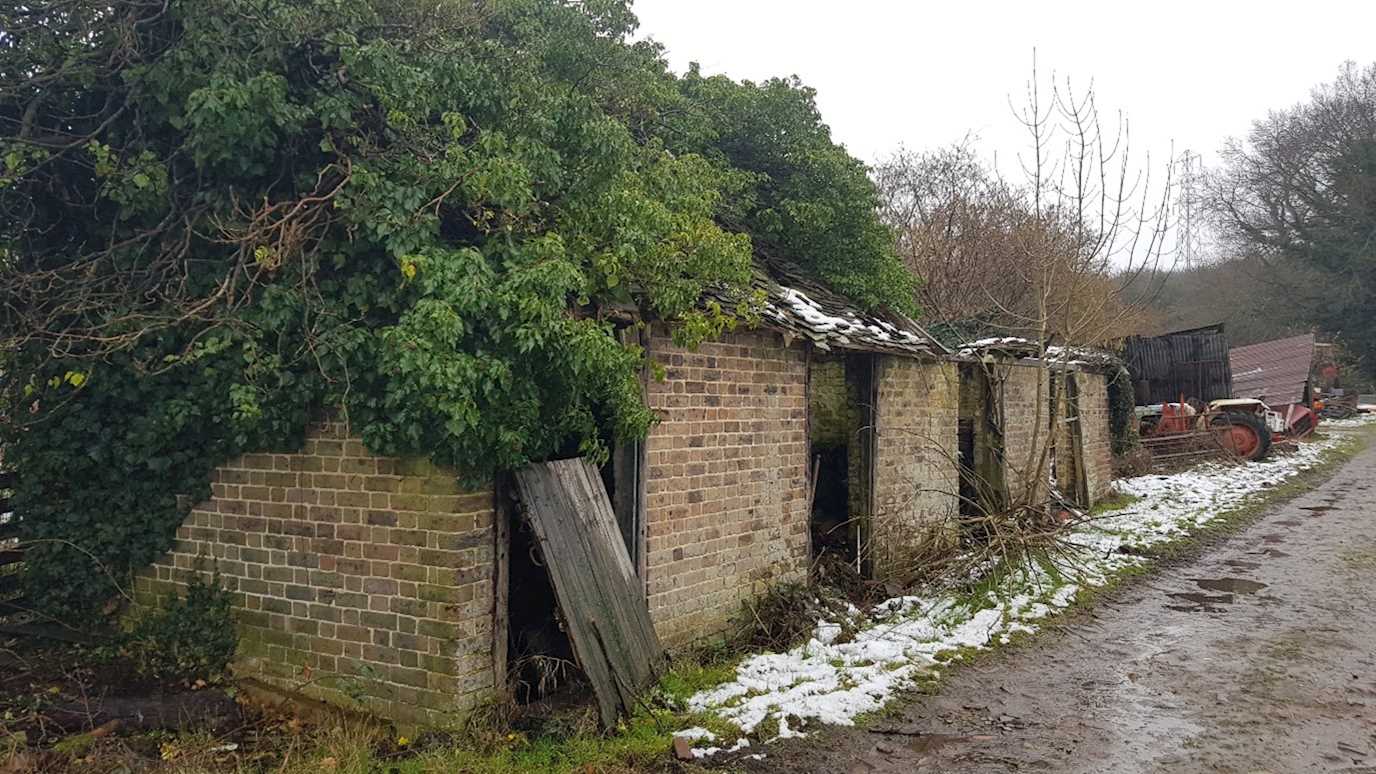How on earth do you create an oral history of the UK environmental movement?

Global Climate Change protest, September 2019. Photographer: Markus Spiske
The question we’re faced with at OHEM is a daunting one. Although we will be recording a hundred people’s life stories over the next couple of years, this number seems small when you consider the myriad campaigns, direct actions, protests and groups that have made up the environmental movement between 1970 and 2020 across Northern Ireland, Scotland, Wales and England. This is a problem that we’re keen to address in dialogue with those who have been part of the environmental movement. Whilst no oral history project aims to be ‘representative’ in any quantitative sense, it is important that our processes for recruitment, interviewing, and archiving are informed by the experiences and concerns of those most intimately connected with the movement – all the while recognising that no two experiences of a social movement, or even a single action or protest, are the same. It was with these challenges in mind that we organised the first OHEM workshop, inviting activists and academics to the day-long event at Birkbeck, University of London.
The workshop invited individuals with a wealth of experience in the UK environmental movement, both at the grassroots level and in environmental institutions. Bleddyn Lake and Joanna Watson joined us from Friends of the Earth Cymru and London respectively; Maria Adebowale-Schwarte is CEO of Foundation for Future London and a campaigner for greater diversity in the environmental movement; Craig Bennett and Nigel Doar, CEO and Head of Science and Research at The Wildlife Trusts; Vicki Hird is Head of Sustainable Farming at Sustain; and Rebecca Lush works for Transport Action Network as a roads and climate campaigner. Alongside this group’s considerable expertise, we were fortunate to hear from Mary Stewart and Paul Merchant representing the National Life Stories collection at the British Library, who spoke to us about oral history interviewing and the collection where the OHEM interviews will be archived. Jenny Pickerill (Geography, University of Sheffield), Chris Rootes (Sociology, University of Kent), and Margaretta Jolly (Cultural Studies, University of Kent) made up the academic contingent, sharing their respective expertise on environmental geography, environmental politics, and oral histories of social movements.
As a very new member of the OHEM team, I was spared from presenting at the workshop and was allowed to enjoy my colleagues’ talks, alongside helping out with notetaking and with practical tasks to make the day go smoothly. Toby, Chris and Jeremy introduced the day, after which Chris spoke about scoping the environmental movement and the boundaries of the project. Taking notes on my table with Jenny, Maria, Nigel, and fellow team member Barbara, I was treated to a discussion of the importance of social justice as a theme that should run through all our work, and how racialisation and class affects the extent to which people are included in the environmental movement. We talked about the ‘distasteful’ ideas that might surface in oral histories, for example if interviewees are advocates of eco-fascism and population control, and about the significance of art and culture to resistance and community organising. The challenges of accessing particular groups also came up following Barbara’s presentation on oral history and the environmental movement. Whilst some groups might be hard to access because they have been excluded from the more mainstream environmental movement, others might be living off-grid entirely – a considerable challenge to anyone trying to recruit oral history participants!
The afternoon’s discussions focused more on the practicalities of the project, including selecting interviewees, recruitment of participants, and interview questions. Overall, the group’s feedback was incredibly positive – helped immeasurably by Jeremy’s timekeeping skills – with Mary telling the group that she had rarely seen a more thoroughly prepared oral history project. As Margaretta pointed out, we won’t be able to interview everyone who has been part of the environmental movement over the past fifty years. Our core challenge now is to reflect on the workshop discussion of our interview selection process, and to consider how to recruit as diverse a group as possible in terms of racialisation, gender, class, age, and location. We are also incorporating workshop feedback on our proposed interview questions. Thank you so much to everyone who came to the workshop and shared their insights and experiences with us, and we’re looking forward to consulting with more activists and academics as the project develops!
By Dr Saskia Papadakis























